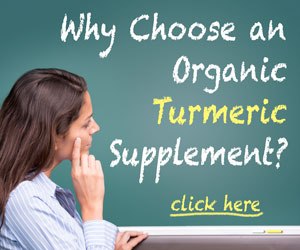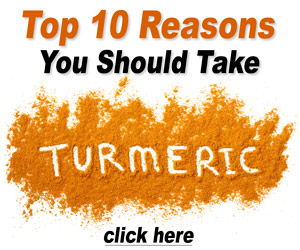What Is Stevia?

Stevia is the catch-all term used to refer to natural, non-sugar sweeteners developed from compounds in the Stevia rebaudiana plant. As of 2019, whole stevia and stevioside compounds are only allowed as dietary supplements in the U.S.(1, 3, 4)
In an effort to introduce stevia as a viable alternative to sugar or chemical sweeteners, scientists and health professionals all over the world have been conducting exciting research into the benefits and safety of stevia. As a result, one stevia compound (rebiana) has been approved by the Food and Drug Administration (FDA) as a table-top sweetener and as a food additive in foods and beverages.(1, 3-7)
Stevia has a long history of use outside the U.S. Now companies such as Tropicana, PepsiCo, and Coca Cola are using stevia formulations made from rebiana in products available worldwide.(3)
What Makes Stevia Sweet?
Stevia has an unusually high number of sweet compounds in its leaves. The 2 most abundant compounds are stevioside and rebaudioside A (also known as rebiana). These 2 compounds are collectively referred to as steviol glycosides.(2, 5, 8)
Stevioside has a menthol-like, bitter aftertaste, but this is significantly reduced when purified. Rebiana is slightly sweeter with much less aftertaste, and is preferred by the Japanese. Both are reportedly 110-320 times sweeter than sugar.(5, 8)
Stevia vs. Other Sweeteners
Sugar and high fructose corn syrup have been known for several decades to have unhealthy side effects. Neither can be safely used by diabetics. The use of chemical sweeteners such as saccharin and aspartame may also cause negative health reactions that range from headaches to increased risk of cancer.(5, 9, 10)
Conversely, research suggests stevia may actually offer health benefits. Extracts from stevia leaves contain natural antioxidants and nutrients that studies show have antimicrobial, cancer-fighting, and antidiabetic properties. Stevia compounds may even help keep your heart healthy, and could be a valuable tool for weight loss.(1, 5-7, 11)
Growing Stevia
Stevia is an herb and can be grown by virtually anyone. It grows wild in South and Central America and parts of North America, and with a little information you too can successfully grow stevia and enjoy the health benefits at home.(1)
Cooking with Stevia
Stevia works well in cooking and baking. You can find some great recipes to try on our website.
Pronunciation of Stevia
There is a lot of debate, even amongst experts, over the correct pronunciation of this sweet herb. Although the online Merriam-Webster dictionary pronounces it like the English version of the last name of the botanist it was named after (P.J. Esteve), we believe the correct version is STEH-vee-ah. Dr. Robert J. Joly, professor and head of the Department of Horticulture and Landscape Architecture at Purdue University in Indiana, agrees.


